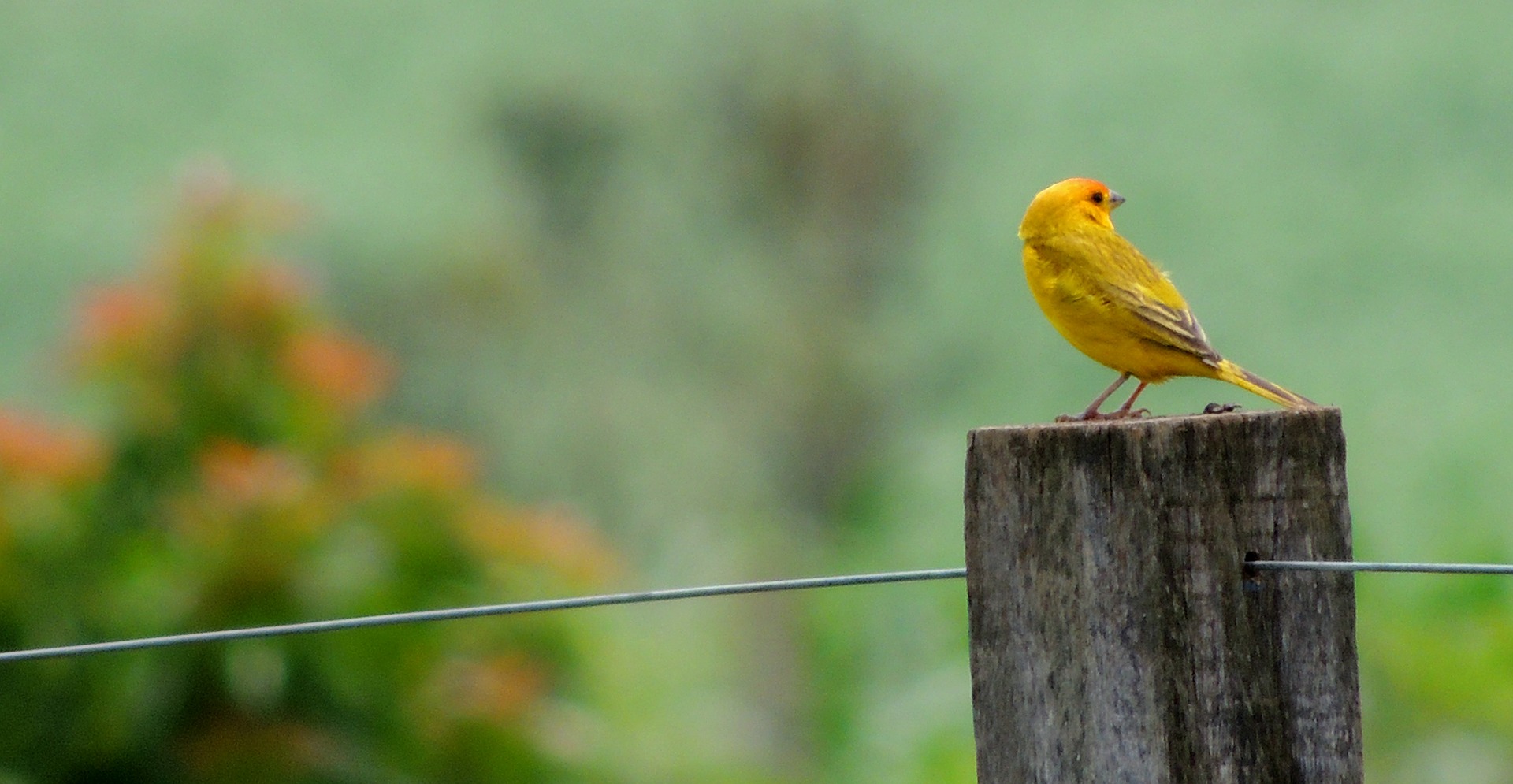When I first saw my profile on Canary Mission, I felt a sense of violation and fear that I had never experienced before in student activism. My hands shook as I washed the dishes at my campus cafe job, and I mulled over who could have taken the time to hunt me down online and decide I was worthy of blacklisting. Did I know them? Were they in the library right now? Over the last few weeks, I’ve been able to process my creepy, eye-opening experience and move forward.
Canary Mission claims to “document individuals and organizations that promote hatred of the USA, Israel and Jews on North American college campuses.” In reality, they are a blacklist that seeks to intimidate and bully activists out of Palestinian solidarity work. Under the site banner (“If you’re racist, the world should know”) is a list mostly composed of students of color, with some white supremacists sprinkled in for legitimacy. Jewish activists who support Palestine, myself included, are not safe from Canary Mission’s reign of terror, despite its purported disdain for anti-Semitism.
The staff and funding behind Canary Mission were long shrouded in secrecy, until October 2018 when the Jewish Community Federation of San Francisco was revealed as a major donor. The news was met with surprise and backlash, especially from members of my generation of young Jews, who are becoming increasingly critical of Israel.
This fall, I first started attending meetings for my school’s chapter of Jewish Voice for Peace. We spent the semester strategizing on how to get Sabra products out of our dining halls and organizing alternative spaces to Hillel for celebrating Jewish holidays. As part of a college community with considerable support for Palestine, I felt validated in my new politics and naively unaware that they could so quickly generate consequences.
Abby Brook can attest to these consequences, as a student at George Washington University who found herself on Canary Mission as a result of her Palestinian solidarity work with Students for Justice in Palestine and Jewish Voice for Peace.
“While I’ve had the privilege to be able to be public about my activism, I have received threatening messages on my personal Facebook and I want to make sure I am safe,” she said. One of those messages, she said, came from a middle-aged man from across the country who wrote, “there seem to be canaries everywhere.”
Brook’s experience of receiving threats is neither surprising nor uncommon, given the alarming wealth of personal information Canary Mission puts on individuals’ profiles. For instance, Brook’s profile includes her school, pictures, a detailed summary of her anti-Zionist Facebook posts and events attended, and links to her Facebook and Instagram. In my case, Canary Mission also made public my places of work. It is abundantly clear that Canary Mission is willing to put the safety of college students on the line in order to scare them out of activism.
“I deleted my Twitter after I was added to Canary Mission,” said Raphael Dreyfuss, a student involved in Oberlin Jewish Voice for Peace and Oberlin Students for a Free Palestine. “I didn’t regret any of the things they ‘exposed’ me for, and I stand by all of them. But I was still embarrassed by the screenshots they posted – these were thoughts and messages for my friends and peers.”
In addition to the embarrassment and fear caused by Canary Mission’s violations of privacy, students can face significant consequences. Many students, including Brook, have to explain their profiles to employers, who can easily stumble upon them with a quick Google search. However, the most insidious use of Canary Mission is by Israeli border control officers.

Last fall, Hebrew University student Lara Alqasem, who is of Palestinian descent, was denied entry to Israel on the basis of her alleged support for the boycott, divestment, and sanction movement (BDS). The evidence of her support? Canary Mission. After two weeks of being held at the airport in a detainment center, Alqasem was permitted by the Supreme Court to stay in the country.
Needless to say, the use of Canary Mission at the Israeli border poses the biggest threat to Palestinian student activists who risk being able to go home and see their families. Leila, a Palestinian activist, often worries about the possible impact of her Canary Mission profile.
“My father is Palestinian and has a house in Jerusalem, and my family and I travel to Palestine almost every year,” Leila said. “I’ve never been really intensely interrogated at the Israeli airport…but I’m always extremely scared that it will ultimately keep me from entering the country.”
Brook suggests that campus groups strategize in order to protect Palestinian individuals.
“I think that it is important for student groups to sit down and have a conversation about who will be visible members of their group and who will remain behind the scenes,” she said. “If someone wants to be involved in Palestinian solidarity work but has legitimate concerns about Canary Mission, they should still get involved in the movement.”
Leila also urges students to get involved in Palestine activism, despite the risks. “Getting put on Canary Mission can be unavoidable, but the impact on individuals is changing. I would say the fear is real, but the impact is pretty uneven and people should rest assured that folks are working to expose the truth behind Canary Mission.”
Learning about the dire consequences of speaking out that other students have faced helped me put my own experience into perspective. As a white Jewish student, I hate that Canary Mission is tracking me, but I am protected from real harm by my privilege. It is on students like me to speak up about the injustices of Israeli apartheid.
As for dealing with employers, Dreyfuss, the Oberlin student, recommends the Against Canary Mission Project; a website where activists on Canary Mission can create their own profiles that highlight their solidarity work in the positive light it deserves.
“I think the best way to deal with Canary Mission is simply by recognizing it for what it is: a McCarthyist mode of political intimidation intended to suppress primarily the voices of student activists of color,” said Dreyfuss. “As long as we – as Jewish and progressive communities – can recognize the fundamental illegitimacy of this project, it will remain inept and powerless.”
You had me spooked for a minute, Canary Mission, but you have failed to silence the many courageous activists on my campus. I will use my place on your blacklist as incentive to delve deeper into the progressive movements that I know are essential to my Judaism. In fact, feel free to put this article on my profile.
Zoe Jasper is a student at Oberlin College and a member of Oberlin Jewish Voice for Peace.

